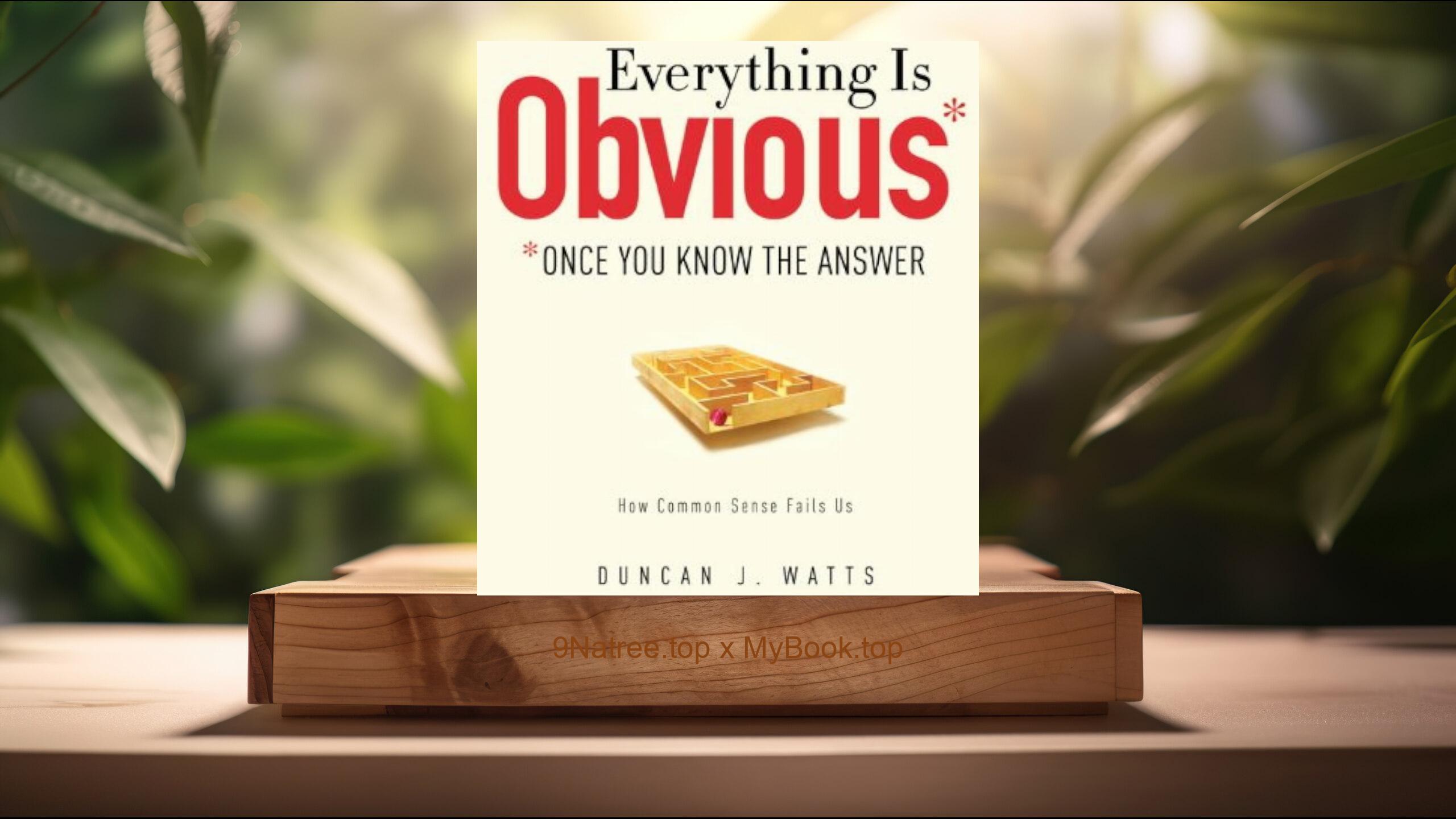Show Notes
- Amazon US Store: https://www.amazon.com/dp/B09CF2YB6Z?tag=9natree-20
- Amazon Worldwide Store: https://global.buys.trade/Build-An-Unorthodox-Guide-to-Making-Things-Worth-Making-Tony-Fadell.html
- eBay: https://www.ebay.com/sch/i.html?_nkw=Build+An+Unorthodox+Guide+to+Making+Things+Worth+Making+Tony+Fadell+&mkcid=1&mkrid=711-53200-19255-0&siteid=0&campid=5339060787&customid=9natree&toolid=10001&mkevt=1
- Read more: https://mybook.top/read/B09CF2YB6Z/
#innovation #technology #designthinking #leadership #usercentricdesign #productdevelopment #startupstrategy #Build
These are takeaways from this book.
Firstly, The Importance of User-Centric Design, Tony Fadell emphasizes the critical role of user-centric design in product development, advocating for a design approach that prioritizes the needs and experiences of the user above all else. He discusses his experiences with designing the iPod and iPhone at Apple, where the mantra was not just about creating technologically superior products, but also about ensuring that these gadgets fit seamlessly into the lives of users. Fadell shares stories of rigorous user testing, iterative design, and the importance of empathy in crafting user interfaces that are intuitive and effective. He also dives into the challenges faced during the development process and how close attention to user feedback played a crucial role in refining Apple’s products. This focus on user-centric design is positioned as not only beneficial but necessary for creating products that stand the test of time and remain relevant in quickly evolving markets.
Secondly, The Role of Leadership in Innovation, Throughout 'Build', Fadell discusses the substantial impact of leadership styles and team management on innovation. He foregrounds his tenure under leaders like Steve Jobs, highlighting how visionary leadership can drive a team to achieve extraordinary things. Fadell examines different leadership qualities that foster innovation, including the ability to listen, the courage to take calculated risks, and the wisdom to guide a team through failures as well as successes. He also stresses the importance of transparency and communication in leadership roles, illustrating how clear directives and feedback mechanisms can pave the way for a culture of openness and innovation. The book provides concrete examples of how leaders can create an environment that encourages creativity and allows for productive failure, which is often a stepping stone in the process of innovation.
Thirdly, The Necessity of Adapting to Change, Adaptability is a recurring theme in 'Build', and Fadell convincingly argues that the ability to adapt is crucial for survival and success in the tech industry. He recounts his own career transitions, from Apple to founding Nest, and later selling it to Google, emphasizing how each shift required adjustments and a willingness to learn from new environments. The discussion extends to the importance of pivoting product strategies in response to market feedback and technological advances. Fadell suggests practical strategies for staying ahead of the curve, such as continually educating oneself about industry trends, being open to criticism, and anticipating future needs before they become apparent. This adaptability is portrayed not just as a business strategy, but as a personal philosophy that dictates the success of endeavors in any volatile sector.
Fourthly, Cultivating a Culture of Innovation, Fadell deeply explores how organizational culture influences the capacity for innovation. He identifies elements of workplace culture that contribute to an innovative atmosphere, such as openness to new ideas, a diverse team composition, and an environment where experimentation is encouraged. Fadell uses examples from his own life, showing how at Apple and Nest, a cultivated culture of questioning the status quo and brainstorming led to ground-breaking products. He provides guidance on how companies can foster these environments, stressing the need for physical spaces that promote collaboration and the benefits of policies that support risk-taking and rapid prototyping. Understanding and shaping the culture of an organization, according to Fadell, is as important as direct involvement in the product development process.
Lastly, Ethics and Responsibility in Design, The ethical dimensions of product design and development are critically analyzed in 'Build'. Fadell advocates for a responsible approach to innovation that considers the long-term impacts of products on society. He discusses the ethical implications of design decisions, like user privacy, data security, and environmental sustainability. Drawing from the controversies and challenges faced by tech giants, he calls on creators to think beyond immediate business metrics and consider the broader consequences of their innovations. By doing so, Fadell not only underscores the importance of ethics in product design but also illustrates how ethical considerations can lead to better and more universally accepted products.
![[Review] Build: An Unorthodox Guide to Making Things Worth Making (Tony Fadell) Summarized](https://episodes.castos.com/660078c6833215-59505987/images/1888746/c1a-085k3-0v215198uwp3-p1u60n.jpg)




